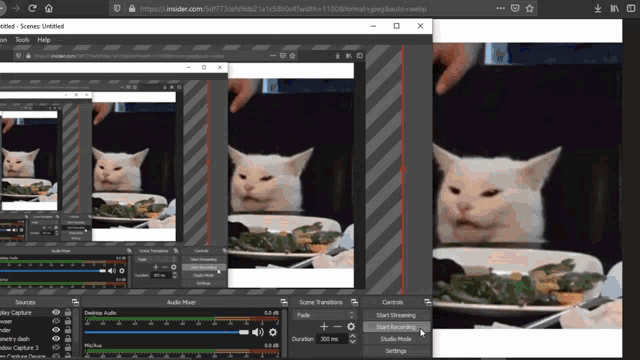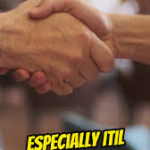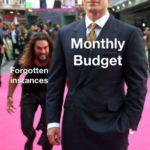
Text formatting is important for creating web pages that are easy to read and visually appealing.
Below, different text formatting techniques are demonstrated that you can use in HTML, including headings, paragraphs, lists, and links.
Headings
Headings are used to organize content into different sections and as per their importance.
HTML provides six different levels of headings, ranging from <h1> to <h6>, with <h1> being the most important and largest heading, and <h6> being the least important and smallest heading.
e.g.
<h1>This is a Heading 1</h1> <h2>This is a Heading 2</h2> <h3>This is a Heading 3</h3> <h4>This is a Heading 4</h4> <h5>This is a Heading 5</h5> <h6>This is a Heading 6</h6>
This is a Heading 1
This is a Heading 2
This is a Heading 3
This is a Heading 4
This is a Heading 5
This is a Heading 6
Paragraphs
Paragraphs are used to break up content into smaller chunks so its easier to read.
To create a paragraph in HTML, use the <p> tag.
e.g.
<p>This is a paragraph. This is a paragraph. This is a paragraph. This is a paragraph.</p>
This is a paragraph. This is a paragraph. This is a paragraph. This is a paragraph.
Lists
Lists shows data in an organized and easy-to-read format.
HTML provides two types of lists: ordered lists and unordered lists.
Ordered lists are used when the items have a specific order or sequence
Unordered lists are used when the items are not ordered.
To create a list in HTML, use the <ul> and <ol> tags for unordered and ordered lists, respectively..
<ul> <li> Unordered lists Item 1</li> <li> Unordered lists Item 2</li> <li> Unordered lists Item 3</li> </ul>
- Unordered lists Item 1
- Unordered lists Item 2
- Unordered lists Item 3
<ol> <li> Ordered lists Step 1</li> <li> Ordered lists Step 2</li> <li> Ordered lists Step 3</li> </ol>
- Ordered lists Step 1
- Ordered lists Step 2
- Ordered lists Step 3
Links
Links connect web pages and allow users to navigate between them.
To create a link in HTML, use the <a> tag with the “href” attribute, that specifies the URL of the page you want to link to.
e.g..
<a href=" https://www.rakeshkamble.com ">Click here to visit Rakesh’s Website</a>
Conclusion
Above demonstrate different text formatting techniques that you can use in HTML, including headings, paragraphs, lists, and links. With these, you can make your web pages easier to read and navigate, and present information in a visually appealing format.







